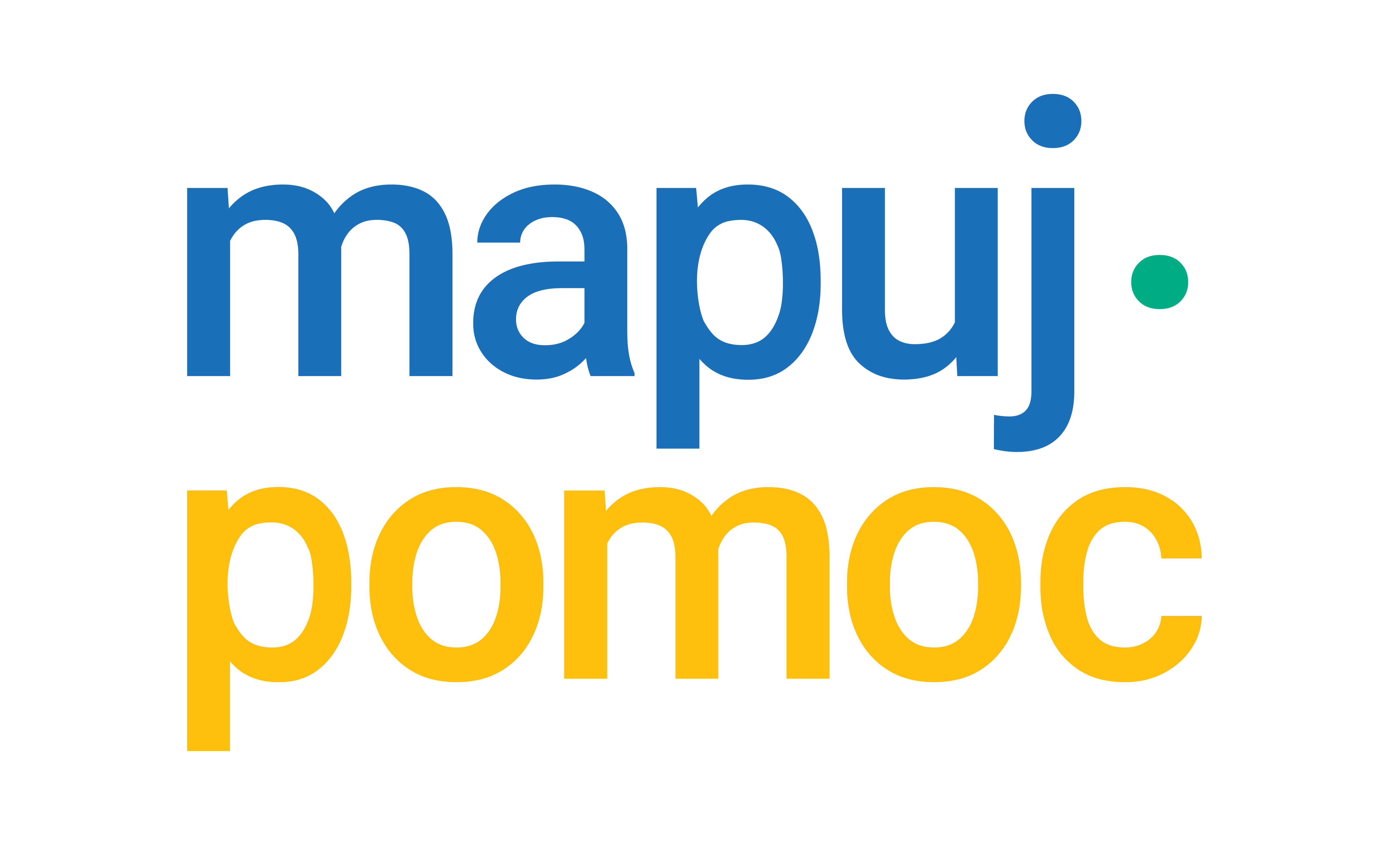In this article The Voluntary Guidelines on the nature of partnership agreements will be presented, which are the result of six months of work by members of the Partnership Working Group operating within the NGO Forum “Razem”. The document was created for non-governmental organizations involved in helping refugees from Ukraine. The indicated Voluntary Guidelines are intended to facilitating the building of stronger and more sustainable humanitarian partnerships.
The Voluntary Guidelines are part of the global discussion on the localization of humanitarian aid. Nevertheless, they reflect specific experiences on the ground and aim to provide pragmatic solutions to problems in that particular context. They inform the broader humanitarian aid community about operational challenges and possible solutions arising from Polish practice.
Key recommendations
Below is a list of topics included in the Voluntary Guidelines.
- Core Voluntary Guideline on Transparency and Mutual Respect
- Equivalence of partners.
- Attitude of openness and curiosity among employees of non-governmental organizations.
- Respect for local expertise and international experience.
- Mutual trust and transparent communication.
- Transparent process of entering into a partnership.
- Voluntary Due Diligence Guideline
- Recognition by partners – international organizations due diligence of other organizations.
- Voluntary Guidelines for Funding Cycles
- Lengthening financing cycles for stability.
- Start of the project after signing the contract.
- Clarity on cost eligibility and risk allocation.
- Preparing for postponements of the project start date.
- Mutual due diligence and clear red lines.
- Clear communication about project extension.
- Planning ahead – before and after.
- Voluntary Guidelines regarding General Costs
- Recognition of general costs for building the organization and its development.
- Unification of the general costs policy of non-governmental organizations towards their local partners.
- Clarity on direct and indirect costs.
- Voluntary Reporting Guidelines
- The role of quality reporting.
- Joint efforts and resources.
- Partnership in the reporting process.
- Understanding requirements and open communication.
- Reciprocity in the flow of information.
- Joint responsibility for financial stability.
- Voluntary Guidelines on Exit and Long-Term Strategies
- Managing expectations
- A constructive stay. Combining international humanitarian expertise with knowledge of the local context to increase impact effectiveness.
- Recommendations: Actions Needed
- for all non-governmental organizations operating in the field of migration and integration in Poland:
- Organizing meetings with employees about the Voluntary Guidelines.
- Organizing a bilateral meeting with the partner or partners about cooperation challenges and possible solutions.
- for international non-governmental organizations:
- Creating a space for discussion with local partners about the Voluntary Guidelines.
- Exchange of knowledge and good practices during group discussion with other representatives – international non-governmental organizations.
- Informing central management of the Voluntary Guidelines and the results of discussions with partners.
- for all non-governmental organizations operating in the field of migration and integration in Poland:
Open dialogue and flexibility in action
The Partnership Working Group strongly encourages you to consider following these guidelines when structuring and entering into partnership agreements. The document emphasizes that it is extremely important that each organization has its own context and limitations, therefore the recommendations presented are voluntary, and open dialogue between partners is encouraged.
A look into the future
While the guidelines are primarily aimed at non-governmental organizations, the Partnership Working Group also encourages UN agencies and the donor community to reflect on the recommendations presented, believing that true multilateral cooperation requires time and coordinated action to effectively meet the needs of those affected by a crisis.
